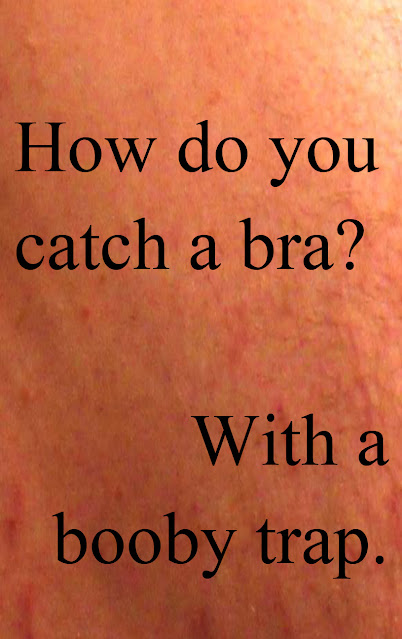Okay, let me clarify that
this is what a pharmacist wrote me but that I do not stand behind these statements
in anyway. If you are taking medication it is your responsibility to talk to
your doctor about it and you should not use this to treat or diagnose any condition.
Some tome in May of 2012
Dear Mr. NEAL,
Thank you for using (Our) on-line pharmacist
question service.
Based on my most up-to-date references, there is
no significant drug interaction listed between Prozac (brand name for
fluoxetine) and grapefruit so you should be able to have grapefruit while
taking Prozac.
As for 5-HTP, taking 5-HTP with Prozac may
potentially increase serotonin levels and cause a condition called serotonin
syndrome as well as a brain condition called as Call-Fleming syndrome.
Serotonin syndrome is an uncomfortable and potentially serious reaction whose
symptoms include fever, uncontrolled muscle movements, digestive symptoms, and
others.
Therefore, this combination is not recommended.
In general, I don't recommend taking dietary
supplements in the hopes of getting medical benefits from them, without first
checking with your own clinician.
Many people are not aware that, in the U.S.,
products sold as dietary supplements (including herbs, glucosamine,
chondroitin, SAM-e, enzymes, and even some hormones) are not standardized or
regulated to the same extent, or in the same ways, that prescription
medications, non-prescription (over-the-counter or 'OTC') medications, or even
foods are.
Unless there is a USP (United States Pharmacopeia)
standard (which exists for many vitamin and mineral products, but not for
herbs, etc.), there is no assurance of :
identity (what the label says is in the bottle);
purity (lack of unwanted or even harmful
contaminants);
or potency (the dose the label says is in the
bottle);
and the manufacturer does not have to perform
valid studies of safety or effectiveness.
Further, there is very little information on
possible interactions among dietary supplements, or between dietary supplements
and prescription or non-prescription medications.
Even if an up-to-date reference doesn't warn
about interactions between a specific dietary supplement and another
medication, this doesn't mean that an interaction isn't possible. It may be
that interactions have occurred, but have not yet been recognized, reported,
published, and integrated into the medical references.
If you haven't already, please discuss your use
or interest in the use of dietary supplements with your regular clinician. Good
medical care is based in large part on open communication!
Please read over any written information on your
medications that you may have received from your doctor, nurse practitioner, or
pharmacist if you haven't already done so. I also recommend reading the information
on your medications in the drug encyclopedia on our Web site. This will help
you familiarize yourself with the side effects, warnings, and other precautions
relevant to your medications, and will help make your treatment as safe and
effective as possible.
I hope this information is helpful. If you have
any additional questions or concerns about your medications, please feel free
to contact your clinician or pharmacist.
Thanks again for your question. Sincerely,
(A pharmacist )















